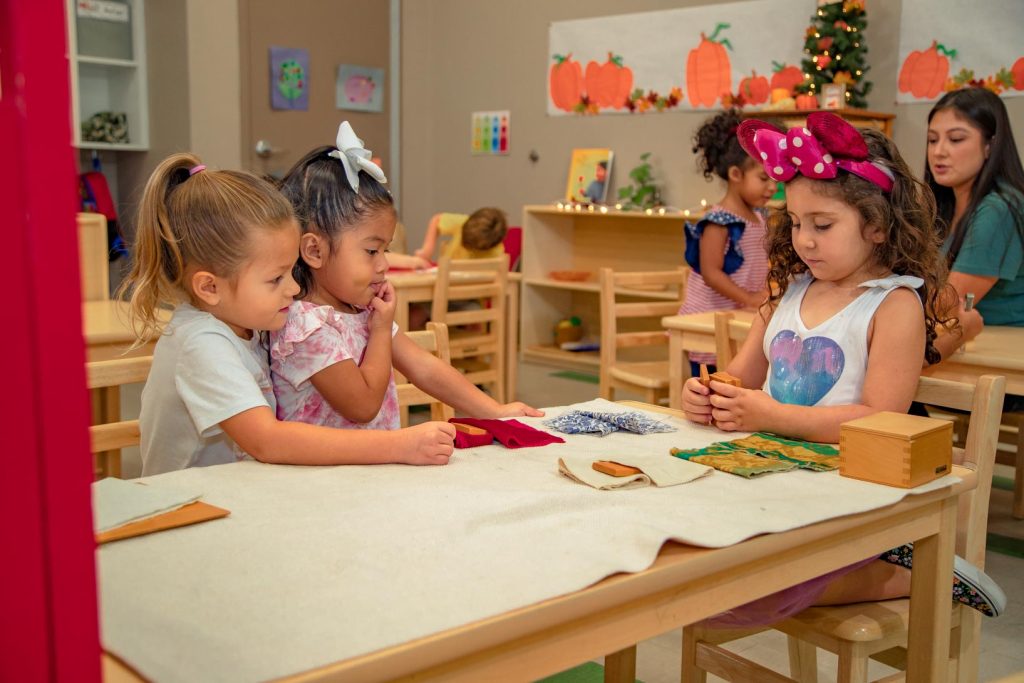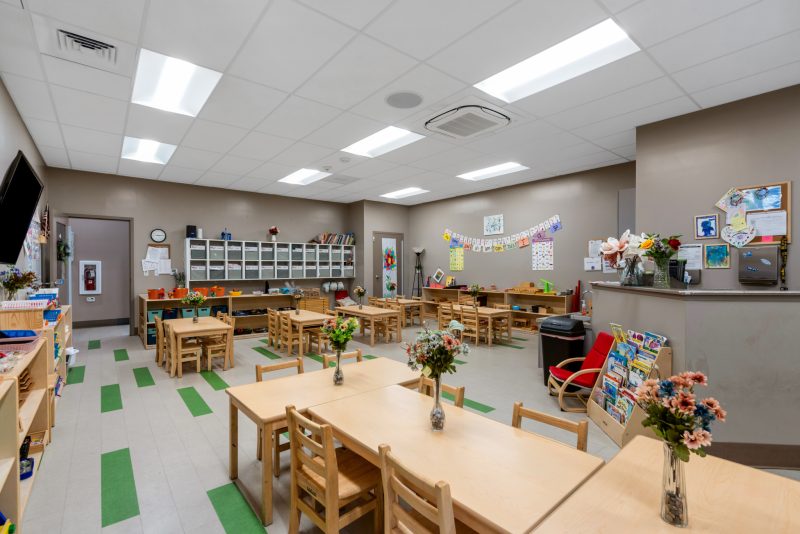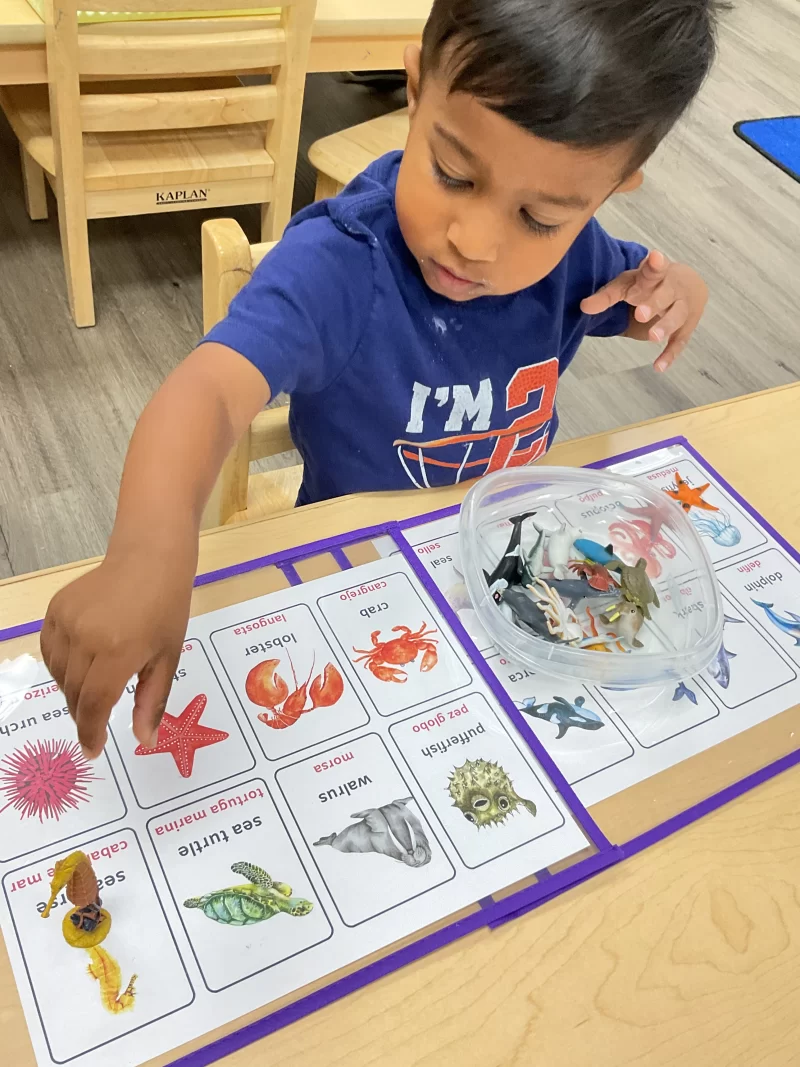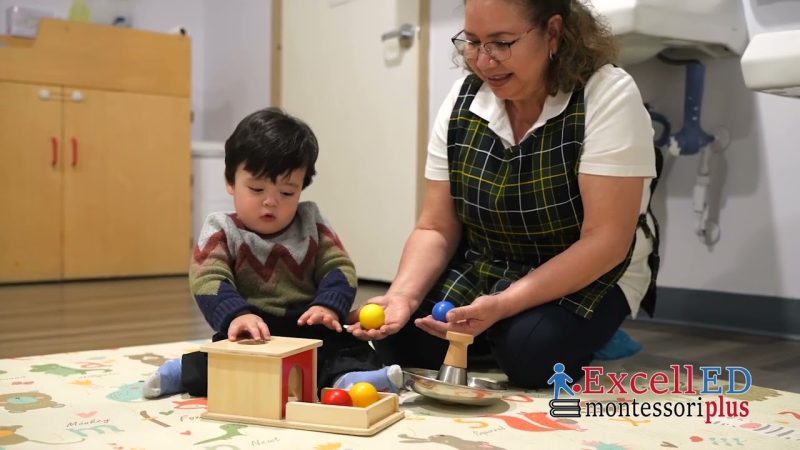
As parents of preschoolers, you may be looking for ways to help your child learn and grow while also fostering their natural curiosity. One approach that has gained popularity in recent years is inquiry-based learning. This method encourages children to explore, ask questions, and discover new things on their own. In this blog, we’ll delve into the benefits of inquiry-based learning for preschoolers and share tips on how you can incorporate it into your child’s daily routine.
What is Inquiry-Based Learning?
Imagine you are a little detective with a magnifying glass. 🔍 Inquiry-based learning is like solving a mystery by asking questions, looking for clues, and sharing what you find with your friends. Instead of just being told the answers, you get to discover them on your own. And the best part? There are no wrong questions!
Inquiry-based learning is a teaching approach that focuses on engaging students in hands-on, interactive, and collaborative activities that allow them to explore and investigate real-world problems and questions. It is based on the idea that learning is an active process and that students are more likely to retain and understand new information when actively discovering and exploring it for themselves.
In an inquiry-based learning environment, students are encouraged to ask questions, make observations, and test hypotheses as they work through a problem or topic. This process can involve various activities, such as conducting experiments, collecting data, analyzing evidence, and developing and presenting solutions.
One of the key benefits of inquiry-based learning is that it allows students to engage with the material in a more meaningful and relevant way. By working on real-world problems and applying their knowledge and skills to solve them, students can connect the material to their interests and experiences and see the relevance of the content to their own lives.
Inquiry-based learning can be used in various settings, including traditional classrooms, online learning environments, and more informal learning settings such as museums and science centers. It is often used in science, technology, engineering, and math (STEM) education but can be applied to various subjects and disciplines.
There are several key characteristics of inquiry-based learning:
- It is student-centered: The students can take an active role in their learning rather than being passive receivers of information.
- It is problem-based: Inquiry-based learning often involves posing a problem or question to the students and asking them to find a solution or answer.
- It involves collaboration: Inquiry-based learning often involves working in groups, which can help students develop important social and communication skills.
- It promotes critical thinking: Inquiry-based learning encourages students to think critically and to consider multiple perspectives and viewpoints.
- It is open-ended: The process of inquiry-based learning often involves exploring multiple avenues and looking at problems from different angles rather than simply finding a single “right” answer.
The Benefits of Inquiry-Based Learning for Preschoolers
Inquiry-based learning offers numerous advantages for preschool-aged children, including:
- Fostering curiosity and creativity: Encouraging children to ask questions and explore helps them develop a sense of wonder and a desire to learn more about the world around them.
- Building problem-solving skills: By investigating and finding solutions on their own, children strengthen their ability to think critically and solve problems.
- Promoting social-emotional growth: Inquiry-based learning often involves collaboration and communication with peers, which helps children develop empathy, cooperation, and other social-emotional skills.
- Encouraging independence and self-confidence: As children discover and learn new things independently, they gain confidence in their abilities and a sense of accomplishment.
Role of Teachers
In an inquiry-based learning environment, the teacher serves as a facilitator, providing support and guidance to help students explore and discover new information and ideas. Students are encouraged to pose questions, conduct research, and engage in hands-on activities and projects to learn about a particular topic or subject. This approach allows students to construct their own understanding of the material actively rather than simply memorizing facts and information.
Inquiry-based learning at ExcellED
Examples of lesson plans based on inquiry-based learning:
Incorporating Inquiry-Based Learning at Home
As parents, you play a crucial role in supporting your child’s inquiry-based learning journey. Here are some tips for implementing this approach at home and daily routines:
- Create a stimulating environment: Set up spaces with open-ended materials and resources that encourage exploration, such as art supplies, building blocks, and natural objects.
- Encourage questions: Nurture your child’s curiosity by asking open-ended questions and encouraging them to ask questions in return.
- Provide opportunities for exploration: Offer hands-on experiences, like nature walks or cooking together, to allow your child to investigate their interests.
- Support problem-solving: When your child encounters challenges, guide them to think critically and find solutions independently.
- Be patient and flexible: Inquiry-based learning requires time and adaptability. Embrace the process and allow your child’s interests to guide their learning journey.
Collaborating with Your Child’s Preschool Teacher
Maintaining open communication with your child’s preschool teacher is essential for supporting inquiry-based learning. Share your child’s interests, questions, and progress with their teacher, and collaborate on ways to extend learning opportunities both at school and home.
Inquiry-based learning is a powerful approach to early childhood education that can spark your preschooler’s curiosity and love for learning. By embracing this teaching method and collaborating with your child’s teacher, you can help your child develop essential skills for future academic success and a lifelong passion for learning. So, let’s start asking questions and exploring the world together with our little ones!
Subscribe to Newsletter
Programs offered at ExcellED Montessori Plus include:
✔️Infants (10 Weeks – 18 Months)
✔️Toddlers (18 – 36 Months)
✔️Primary (3-6 Years)
✔️Kindergarten
✔️Mother’s Day Out
✔️Spanish Immersion / Dual Language
✔️After School Programs and Summer Camp (6 – 12 Years)
Music, Spanish, and Yoga are other programs included as part of the tuition.
Learn more about Inquiry-based Learning








